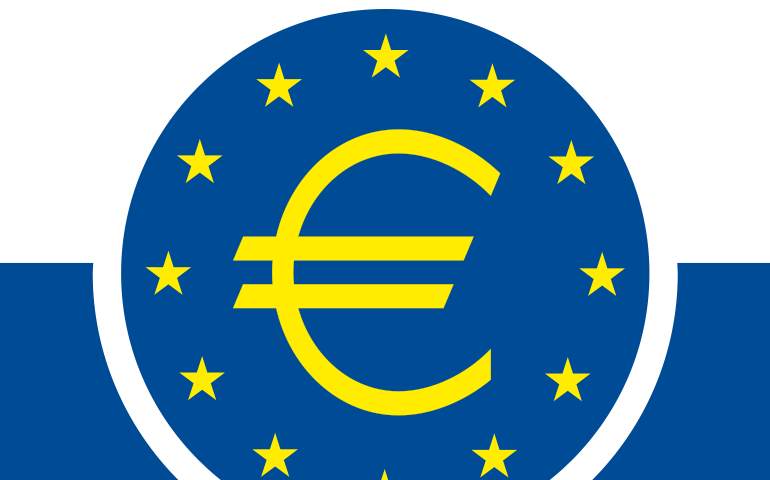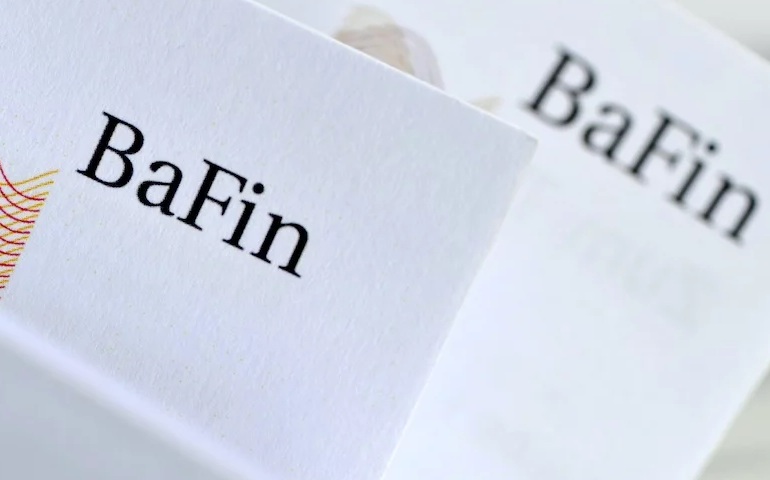Germany: March inflation was 2.2% year-on-year, the lowest in three years
 Johannes Röll
10 / May / 24
Visitors: 248
Johannes Röll
10 / May / 24
Visitors: 248
The consumer price index in Europe's largest economy fell 0.3 percentage points on year in February to its lowest level since April 2021, statistics bureau Destatis said in a statement.
The slowdown was sharper than expected by experts at financial analytics tool Factset, who had expected a smaller decline of 2.3%. Over the month, prices rose 0.4%.
The main reason for this slowdown was the decline in food prices, which occurred for the first time since 2015. Compared to March 2023, they fell by 0.7%. In addition, energy prices, the main driver of inflation over the past two years, were 2.7% lower than in March 2023.
The German economy, built on an industrial export model, has faced greater difficulties than even those affecting its European neighbors. This was due to the cutoff of low-cost Russian gas supplies and a sharp rise in energy prices. To curb inflation in the eurozone, the European Central Bank has been raising interest rates at a historically rapid pace since July 2022.
At the upcoming Governing Council meeting next Thursday in Frankfurt, the outcome of the rate hikes is expected to be summarized. At the moment, it is anticipated that the first rate cut may not come until June at the earliest.
The slowdown in inflation was also felt in France, where inflation reached 2.3% in March, according to preliminary data.
The General Harmonized Price Index, which serves as a benchmark for the ECB, also slowed in Germany in March to 2.3% year-on-year after 2.7% in February, moving closer to the eurozone's long-term target of 2%.
German inflation "could fall to 2% as early as next month and then recover somewhat in the following months," ING Bank's Carsten Brezschi commented on Tuesday. He then believes the aggregate will be more volatile and "fluctuate between 2% and 3%, rather than continuing to fall in a straight line to 2% or lower."
The ECB, for its part, expects price growth in the eurozone as a whole to miss its 2% target by 2025, after 2.3% in 2024, due to the weaker impact of energy prices.

Johannes Röll
Johannes Röll was born 1978 in Brilon,Germany. Graduated RWTH Aachen University. Over the past ten years he worked as Head of the plastic card team, where he was mainly responsible for the development of the distribution, Head of sales Department and Financial Analyst,where he got experience in planning and support sales figures for branches. For the present he works as freelancer





